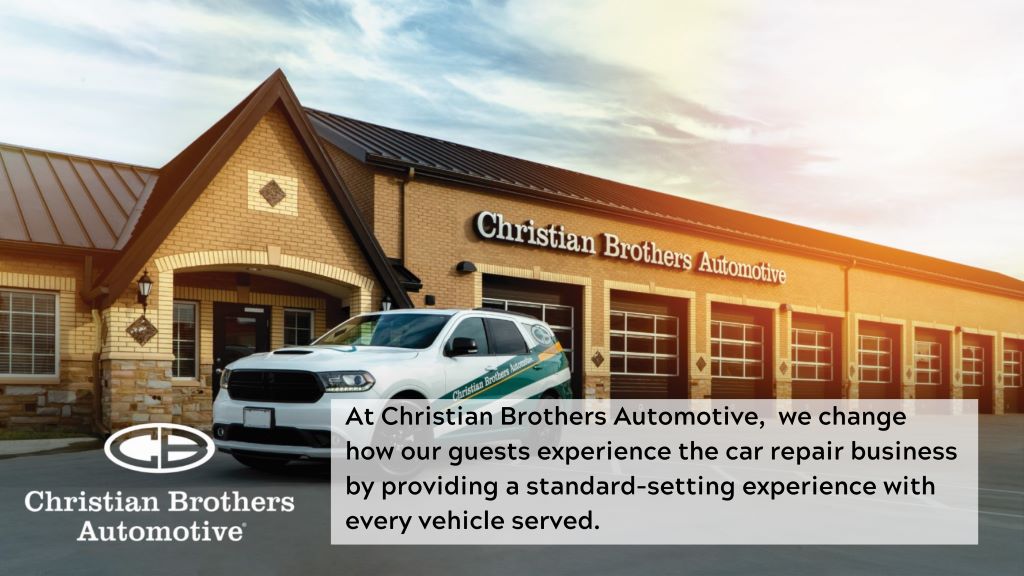What are the Considerations for Vehicle Choice When You Need to Relocate Your Home?
When considering the process of residential relocation, the main objective is selecting an appropriate mode of transportation. Choosing a suitable vehicle may provide a seamless, effective, and prosperous moving adventure.
This article will explore the elements that should be considered while selecting a vehicle for relocating residents. Here are the Considerations for Choosing a Vehicle for Moving:
1. Assessing Your Moving Needs
● Inventory Evaluation
Before selecting a vehicle, conduct a thorough inventory evaluation of your belongings. Determine the volume, weight, and dimensions of items to be moved. This assessment will help you in choosing a vehicle with adequate capacity.
● Distance and Location
Consider the distance you need to travel and the locations involved. New Zealand’s diverse geography requires different types of vehicles based on whether you’re moving within the city, to a rural area, or between islands.
2. Types of Moving Vehicles
● Moving Vans
Many sizes are available for moving vans, making them suitable for moving both large and small. They provide plenty of storage room for large items like furniture, appliances, and cartons, making them ideal for homes with plenty of stuff. Because of the wide range of sizes available, movers may pick the van that is most suited to their needs.
● Trailers and Towing
Utilising a trailer can be cost-effective if you have a suitable towing vehicle. Ensure your towing vehicle can handle the trailer’s weight and has the necessary towing capacity. You can transfer more things using a travel trailer because of its increased carrying capacity.
● Moving Trucks
Moving trucks, akin to vans but with more space and capacity, are particularly suitable for larger moves or relocations covering significant distances. Available in various sizes, you can select a truck that matches the volume of your belongings and the distance you’ll be travelling.
3. Fuel Efficiency and Environmental Impact
● Hybrid or Electric Options
Considering eco-friendly alternatives such as hybrid or electric vehicles is prudent to reduce the environmental impact and cut fuel costs during the move. These options offer enhanced fuel efficiency and contribute to an environmentally and financially sustainable approach.
● Fuel Efficiency Ratings
Prioritise vehicles with high fuel efficiency ratings, mainly if your move entails covering long distances. Opting for fuel-efficient cars can minimise fuel costs, making relocation more economical and efficient.
4. Rental vs. Owned Vehicles
● Cost Considerations
When contemplating vehicle choice for relocation, carefully evaluate the costs of renting a moving vehicle versus using your own. Consider these factors: rental fees, insurance, fuel, and maintenance expenses. Compare these costs with the potential expenses of utilising your vehicle.
● Ownership Benefits
If you own a suitable vehicle, calculate the costs associated with using it for the move. Consider fuel consumption, potential wear and tear on the car, and any necessary modifications to make it relocation-ready. Owning a suitable vehicle might offer cost advantages in certain situations.
5. Specialised Vehicles for Unique Items
● Fragile Items
For delicate or valuable items, employing specialised vehicles equipped with features like air-ride suspension or climate control is crucial. These features create a safe and secure transportation environment by reducing the risk of damage to fragile belongings during the move.
Oversized Items
Dealing with oversized items like pianos or large furniture requires careful consideration. Research and select vehicles capable of accommodating these without causing any damage. Specialised moving vehicles that handle oversized items ensure smooth and secure transportation.
6. Accessibility and Parking
● Urban Accessibility
Consider the practicality and accessibility of your chosen vehicle in urban areas, where parking and manoeuvring can be challenging. Smaller cars are often more practical in such environments, allowing for more accessible parking and navigating congested city streets.
● Rural Accessibility
In cases where your move involves rural areas, opt for a vehicle that can handle off-road conditions, narrow, winding roads, and other challenges associated with rural terrains. Choosing a car that suits the geographical demands of your route is essential for a hassle-free relocation.
7. Professional Moving Services
● Pros of Hiring Professionals
Before deciding on a specific moving vehicle, evaluating the advantages of hiring professional moving services is beneficial. You can count on a professional moving company for several reasons, such as their skills in packing and handling, their access to specialised equipment for safe transport and their ability to properly manage the logistics for the move.
● Incorporating Vehicle Choice
Considering a professional moving service requires engagement in discussions with moving companies to determine the range of vehicle options they offer. Ensure they have the appropriate vehicles that align with your specific moving requirements, considering the volume of belongings and the nature of items to be transported.
Frequently Asked Questions
What essential things would you consider when moving to a new place?
Essential considerations when moving to a new place include assessing the cost of living, job opportunities, education, healthcare, housing options, and the overall lifestyle and culture of the new location.
Why is it essential to move your vehicle?
Moving your vehicle ensures that you have reliable transportation at your new location, saving time and effort in finding new transportation options. It also helps in maintaining convenience and familiarity in your daily routine.
How do you decide if you should move?
A3: Consider factors such as job opportunities, family needs, cost of living, lifestyle preferences, and the potential for personal and travel in the new location. Evaluate if the benefits of moving outweigh the challenges.
How do you move with only a car?
A4: When moving with only a car, declutter and downsize belongings to fit into your vehicle. Pack efficiently, utilising all available space. Consider shipping essential items or using a roof rack or cargo carrier for additional storage. Plan stops for rest and accommodations for long journeys.
Let’s Conclude
Choosing the proper vehicle for transporting your home in New Zealand is an important choice that demands an in-depth assessment of necessities. The nature of your move, the geography of your locations, assess your inventory, consider the types of vehicles available, evaluate fuel efficiency and environmental impact, weigh the costs of rental versus ownership, and consider the accessibility of your chosen car. Making an educated decision may ensure a smooth transition that accommodates requirements and constraints.
UP IN NEWS
- Which Vehicles Are the Best for Off-Roading?
- Hyundai 2024 Santa Cruz Earned Top Pick: Best Urban Pickup by Cars.com
- How to Drive Through the Bad Weather
- Bentley Unveils the ‘Belonging Bentayga’ Painted by Stephen Wiltshire Celebrating Inclusion
- Common ATV Issues and How To Repair Them
For all the latest automotive news, reports, and reviews, follow us on Twitter, like us on Facebook, subscribe to our YouTube page, and follow us on Instagram, which is updated daily.
Stay Ahead of the Curve
Unlock the World’s Leading Source of Automotive News and Analysis.
Autoscommunity.com provides innovative marketing and advertising solutions to support an advertiser’s specific campaign objectives.
Customised programs leverage the best of Autoscommunity.com. Please get in touch with our sales team today and see what our team can do for your custom advertising solutions.
-
Email: [email protected]
-
Please Read Our Privacy Policy
Why You Can Trust Autos Community
Our expert, award-winning staff selects the automotive-related news we cover and rigorously researches and tests our top picks.








Comments are closed.